Middlesex County High-Asset Divorce Lawyers
Divorces involving couples with $1 million or more net worth or accumulated wealth are classified as “high assets” and often involve challenging legal and financial complexities. Due to the volume of finances, investments, business interests, real estate, and valuable personal property typically associated with high-asset divorces, legal proceedings are usually more costly and time-consuming.
Alternative dispute resolution (ADR) methods, such as mediation, are much more common in high-asset divorces. Couples with high net worth often prefer to handle legal proceedings out of the courtroom for privacy purposes and reduce the overall cost of divorce. Court transcripts are considered public records. Negotiating the terms of settlement agreements through mediation allows divorcing couples to keep the extent of their financial and material assets and the terms of the settlement agreement private.
What Types of Assets Are Common in a High-Asset Divorce?
The majority of high-asset divorces include a lengthy list of property, investments, and more, with a significant number involving longstanding family-owned businesses or corporations, as well as:
- Boats and high-value vehicles
- Business investments
- Closely held enterprises
- Domestic and international bank accounts
- Employment incentives
- Family heirlooms
- Fine artwork
- High-value primary and vacation residences
- Intellectual property
- Non-residential real estate holdings
- Offshore investments
- Other investment portfolios
- Retirement or pension accounts with high balances
- Stock options and investments
- Trust funds
How Is Marital Property Divided in New Jersey?
When divorcing, the property must be identified as either marital or separate. Marital property refers to assets jointly acquired during the marriage, such as the marital home, vehicles, bank accounts, and investments, and is subject to equitable distribution. Family-owned businesses may also be considered marital property in New Jersey, even if solely owned by one spouse. Separate property refers to assets solely owned by one spouse before the marriage or acquired during the marriage, such as inheritance or real estate, and is not subject to division. New Jersey is an equitable distribution state, meaning marital assets are divided fairly rather than an equal 50/50 split.
Hidden Assets in a High-Asset Divorce
Hidden assets are much more common in high-asset divorces. Typically, those with high net worth have multiple forms of assets in many locations, making them easier to conceal during a divorce. Business interests, real estate, investments, and out-of-state and offshore bank accounts are common in high-asset divorces, requiring considerably more time to locate and value.
Hiring a Middlesex County high-asset divorce lawyer with significant experience is imperative if you believe your spouse has hidden assets. Experienced lawyers have an established network of industry experts, such as forensic accountants, skilled at identifying, locating, and valuing hidden assets and debts.
Alimony in a High-Asset Divorce
Alimony, or spousal support, is a monthly payment one spouse provides to the other and is often the most contentious issue in high-asset divorces. Alimony is not automatically ordered in high-asset divorces.
In most high-asset divorces, one spouse typically has a much higher income than the other, drastically impacting the lesser-earning spouse’s standard of living following the divorce. The courts consider many factors when determining whether alimony is appropriate, including but not limited to:
- Length of the marriage
- Martial standard of living
- Age and health of both spouses
- Each spouse’s income
- Both spouses’ ability to earn income
- Length of time one spouse raised children instead of employment
- Presence of domestic violence
- Stipulations of pre- or postnuptial agreements
- Any other relevant factors
Alimony may cease if either spouse experiences a drastic financial change, when the paying spouse retires, or when one spouse marries or begins living with a new romantic partner.
How Can a Middlesex County High-Asset Divorce Lawyer Help Me?
Hiring a divorce lawyer with extensive experience handling vast wealth, high-value assets, and large estates is crucial. A skilled lawyer can help you navigate the financial and legal complexities involved in high-asset divorces in the following ways:
- Locate and value assets and property
- Determine an equitable distribution of property
- Assess the need for alimony
- Enforce pre- or post-nuptial agreements
- Determine tax implications of asset division
- Negotiate with opposing counsel
- Develop comprehensive litigation strategies
Choosing the right legal representation is imperative during high-asset divorces to protect your rights and property, secure your financial future, and achieve the best possible case outcome.
Our Skilled Middlesex County High-Asset Divorce Lawyers at Wiley Lavender Maknoor, PC Help Clients Protect Valuable Assets and Net Worth
Divorce is exceedingly more complex when couples have a high-value net worth, numerous assets, and business interests. Our Middlesex County high-asset divorce lawyers at Wiley Lavender Maknoor, PC can help protect your property and secure your financial future. Call 732-494-6099 or contact us online to schedule a free consultation. Located in Metuchen, New Jersey, we serve clients in Middlesex County, Monmouth County, Union County, and Somerset County.
 Google Screened
Google Screened
